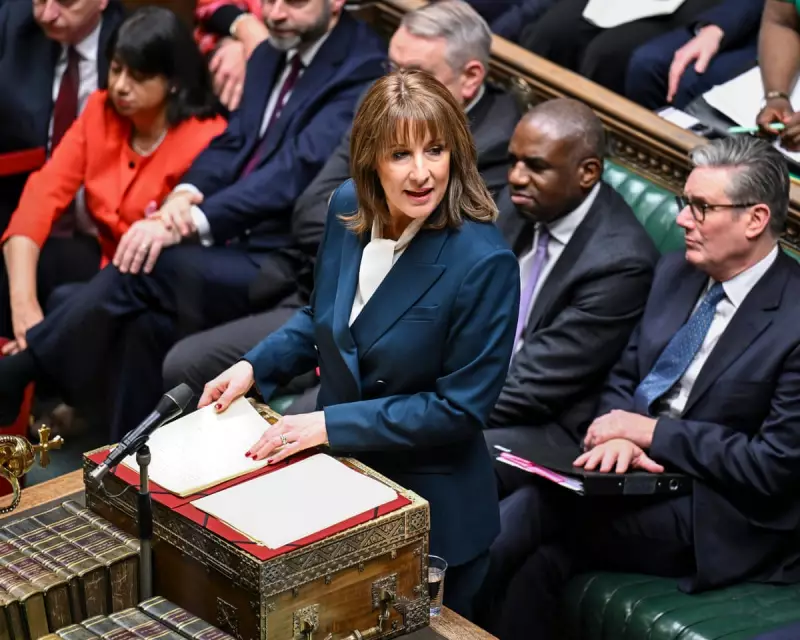
Chancellor Rachel Reeves is facing intense political scrutiny following her latest budget announcement, with questions mounting over whether her fiscal decisions breach Labour's election manifesto promises on taxation.
The Core Controversy
During Wednesday's Commons address, Rachel Reeves made the bold claim that she had maintained all manifesto commitments while implementing her economic plan. "I have cut the cost of living – with money off bills and prices frozen – all while keeping every single one of our manifesto commitments," the Chancellor told MPs.
However, Conservative leader Kemi Badenoch delivered a starkly different assessment in her response. "Because taxing your home, your car, your savings and your pension was not enough, the chancellor has, by her own admission, broken her manifesto promise on income tax," Badenoch countered.
Examining Labour's Tax Pledges
Labour's election manifesto contained clear language on taxation, stating: "We will ensure taxes on working people are kept as low as possible. Labour will not increase taxes on working people, which is why we will not increase national insurance, the basic, higher, or additional rates of income tax, or VAT."
The current controversy stems from two key decisions by Reeves. Last year's budget included a significant 1.2p rise in employers' national insurance contributions, projected to raise an additional £25bn annually by 2028/29.
This year's budget introduced a more subtle approach – freezing income tax thresholds for three additional years. This fiscal drag means that as wages increase through inflation, more individuals will be pulled into paying income tax or moved into higher tax brackets.
The Fiscal Drag Mechanism
The Office for Budget Responsibility projects that the threshold freeze will generate approximately £8bn per year by 2029/30. This includes the notable consequence that some pensioners relying solely on the state pension could find themselves paying income tax for the first time.
Reeves had previously acknowledged the impact of such measures, stating during the last budget that "extending the threshold freeze would hurt working people." This admission complicates the government's current position that the policy doesn't violate their manifesto commitments.
The government's defence rests on technical interpretation. Officials argue that since the manifesto specifically promised not to change income tax rates – rather than thresholds – the current policy remains within their pledge boundaries.
However, the OBR delivered another significant revelation: Reeves' combined tax decisions would push the overall tax burden to levels higher than ever recorded in modern British history, despite Labour's manifesto criticism of the Conservatives for raising taxes to a 70-year high.






